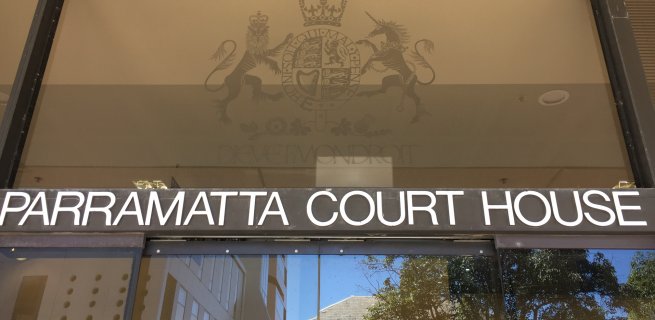A Sydney-based criminal defence lawyer charged with aggravated sexual assault is seeking to have his name suppressed, along with the name of the firm where he works.
The lawyer is trying to save his reputation, and that of his employer, by preventing the publication of what police allege is a “salacious” and cocaine-riddled culture within the law firm he works for.
The case is before Parramatta Local Court, which heard earlier this week that the publication of these details would not only cause the lawyer embarrassment, but mean he could no longer work as a criminal defence lawyer.
The legal team acting for the lawyer submitted that their client’s situation amounts to ‘exceptional circumstances’ which justify a non-publication order, despite the general rule that legal proceedings should be open and transparent.
Two of the lawyer’s colleagues have also filed affidavits pleading for non-publication of their own names and that of their law firm.
When can a person’s details be suppressed?
A prohibition can be placed throughout Australia on the publication of a person’s name and/or other identification details through the issuance of a non-publication order.
Section 8(1) of the Court Suppression and Non-Publication Orders Act 2010 (NSW)(‘the Act’) provides that such an order can be made where:
(a) it is necessary to prevent prejudice to the proper administration of justice,
(b) it is necessary to prevent prejudice to the interests of the Commonwealth or a State or Territory in relation to national or international security,
(c) it is necessary to protect the safety of any person,
(d) the order is necessary to avoid causing undue distress or embarrassment to a party to or witness in criminal proceedings involving an offence of a sexual nature, or
(e) it is otherwise necessary in the public interest for the order to be made and that public interest significantly outweighs the public interest in open justice.
Subsection 8(2) of the Act makes clear that any such order “must specify the ground or grounds upon which the order is made”, while 8(3) provides that an order can be made “to avoid causing undue distress or embarrassment to a defendant in criminal proceedings involving an offence of a sexual nature only of there are exceptional circumstances”.
Contravening a suppression or non-publication order is a crime
Contravening a non-publication order is an offence under section 16 of the Act, which carries a maximum penalty of 12 months in prison and/or a $110,000 fine.
The maximum fine for a corporation is a $550,000.
The 2018 trial of George Pell was subject to a suppression order imposed by the Victorian County Court to prevent “a real and substantial risk of prejudice to the proper administration of justice” due to the fact Pell was facing a second trial on separate charges. The second trial was ultimately aborted and the order was then lifted.
But prior to the order being lifted, the guilty verdict reached in the first trial was published on several international websites, over which Australian courts have no jurisdiction.
Numerous Australian publications, however, are alleged to have referred to the verdict in reports before the order was lifted, although they are not alleged to have referred specifically to his name.
Twenty-eight people face court in November 2020 over those allegations.
Innocent until proven guilty
It is important to bear in mind that, like any other person charged with aggravated sexual assault, the lawyer who is seeking a non-publication order is presumed innocent until and unless he is proven to be guilty in a court of law.
The lawyer says he has notified the Law Society of New South Wales about the allegations against him, and has undertaken to inform his own clients individually.
However prosecutors say that name suppression in this case amounts to ‘special treatment’ arguing that any ‘embarrassment’ should not outweigh the public’s right to know: “It doesn’t matter who the defendant is, it doesn’t matter if you’re a solicitor, a barrister or a judge – it is important. Anyone in this court is open to scrutiny by the Australian public.’’
The matter is listed for judgment on 9 October 2020.












Any updates on this?